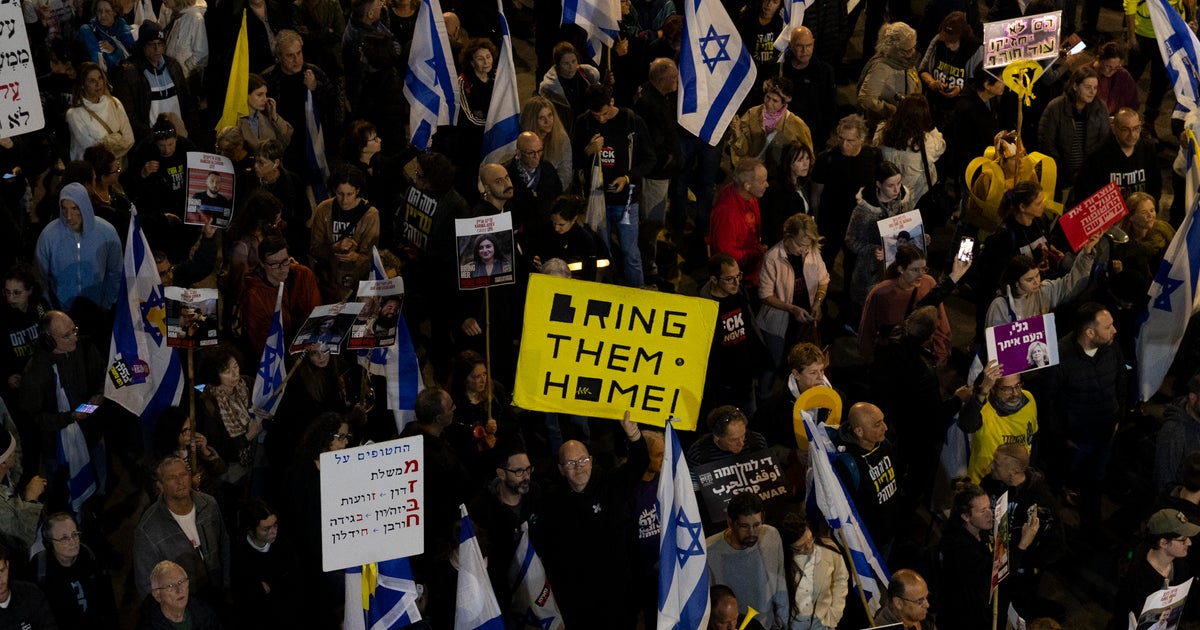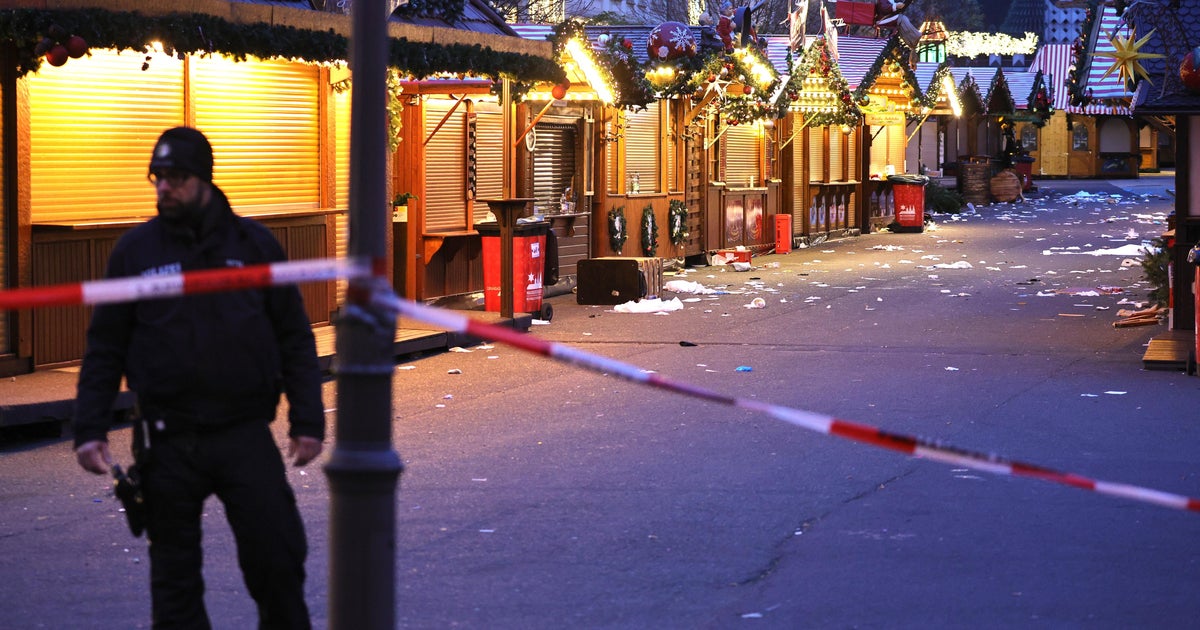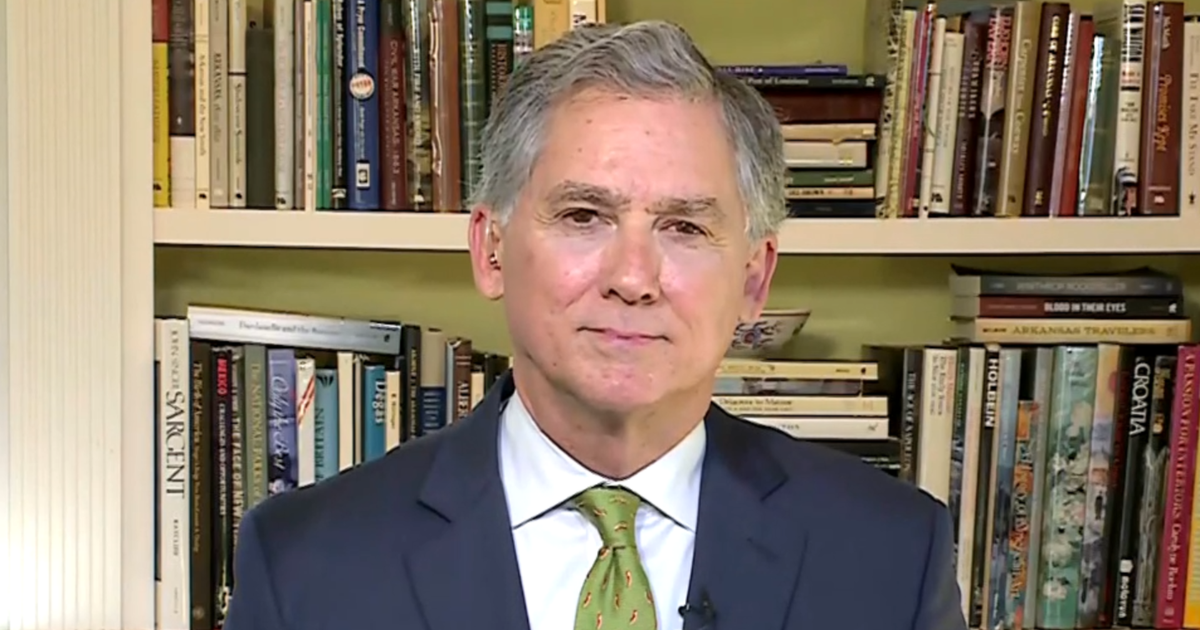North Korea threatens to send troops into the demilitarized zone
Tokyo — The Kim Jong Un regime is threatening to send troops into the demilitarized zone that separates North Korea and South Korea after demolishing the building that served as a diplomatic mission between the rivals. Over the past week, Pyongyang has vented fury about North Korean defectors living in the South who have been flying anti-government leaflets back over the border.
The de-facto embassy building was officially known as the Inter-Korean Liaison Office. It was only established in 2018, standing just north of the heavily-militarized border in the city of Kaesong.
On Tuesday, North Korea levelled it, and state-run media showed video of the demolition.
But while it was a highly provocative, and deeply symbolic move, it wasn't the end of it. Pyongyang has threatened to go further, redeploying military forces to border areas that have been demilitarized for years.
The moves could include rebuilding guard posts and restarting military exercises near the border. Such actions would effectively reverse agreements reached between the two sides in 2018, aimed at lowering tensions.
There were unconfirmed reports in South Korean media that North Korean forces had already moved into the area where the Kaesong liaison office stood on Wednesday. That site is just north of the DMZ, but given the joint North-South nature of the work there, moving troops into the area was another clear signal of Pyongyang's anger.
It's important to note that Kim Yo Jong, leader Kim Jong Un's younger sister, has taken the lead in publicly heralding all of North Korea's latest actions. It was she who warned the liaison office would be destroyed if the leafletting didn't stop.
She emerged as a key figure earlier this year, when her brother disappeared for three weeks and there were rumblings that she might be in line to assume the role at the top of the ruling Kim dynasty.
But her brother has re-emerged, and the internal motivations for putting Kim Yo Jong so prominently in the spotlight now continue to elude North Korea analysts.
The North's economy has been slammed by sanctions — probably made worse by the coronavirus pandemic — and ultimately, experts see all the recent gesticulations as Pyongyang's way of trying to extract concessions from Seoul, and from Washington.
In the meantime, with the nuclear negotiations that looked so promising just a couple years ago completely deadlocked and relations with the South in a dire state, North Korea is left to carry out its nuclear work unfettered.







